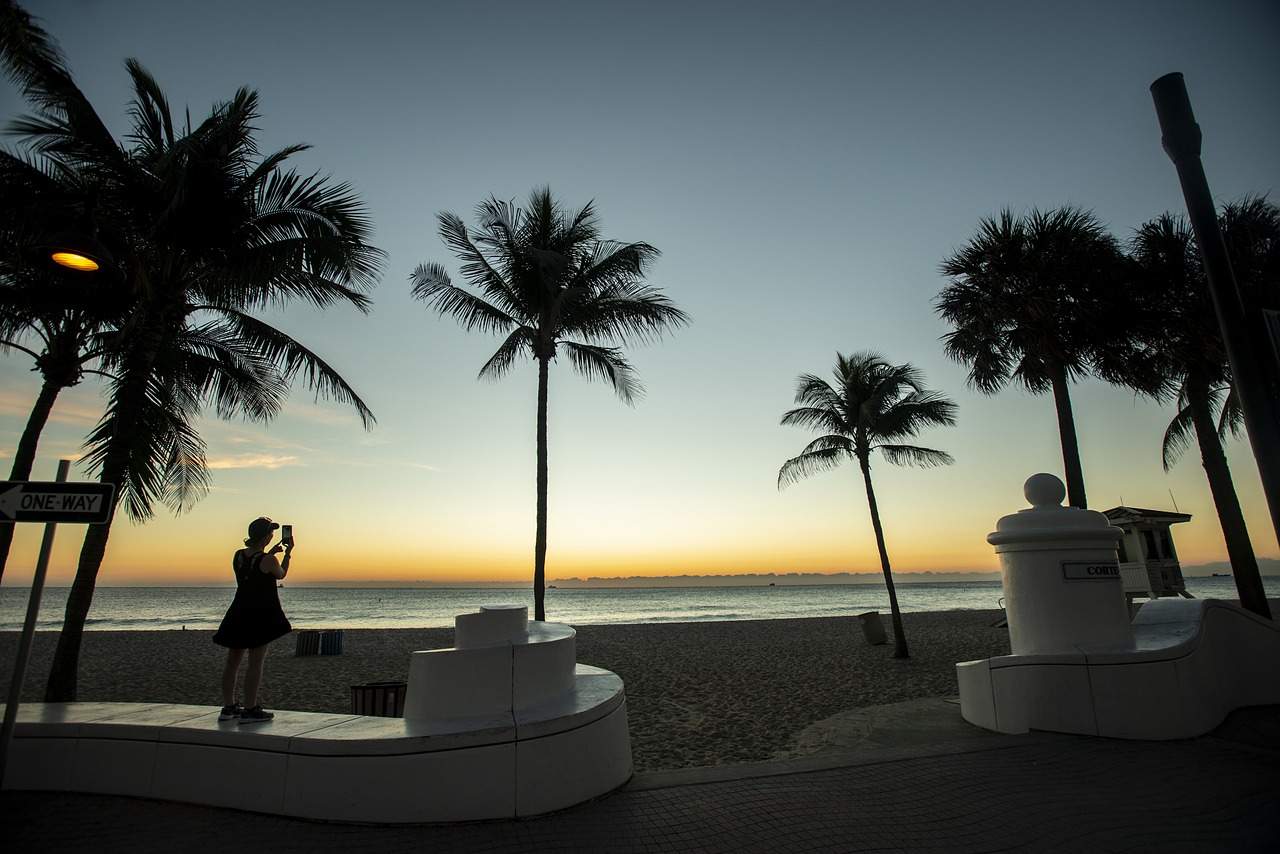Florida is one of the most popular spring break destinations thanks to its beaches, amusement parks, and overall lax vibe. However, some laws are different here, especially when it comes to driving. Before heading to the Sunshine State for spring break, here are the things you need to know about driving on Florida roads.
What are the drunk driving laws?
For many, spring break is a time for partying and drinking. Generally, that is no issue as long as everything is done safely and legally. If you find yourself drinking and are about to get behind a wheel, we suggest rethinking that per Florida law. The laws regarding drunk driving in Florida are fairly straightforward and common. You would be considered a drink driver if your blood alcohol content is at 0.08 or above. You would then be subject to, at the lowest, a fine of $500. Depending on your level of impairment and what occurred while driving, you could face a higher fine, jail time, have your licensed revoked, and/or have your car impounded. After the fact, you could be subject to installing a breathalyzer in your car, attending mandatory classes, and/or do community service.
What about texting and driving?
Just like drunk driving, the idea is that no matter what, you should not text and drive. In Florida, on your first offense you are hit with at least a $30 fine. This goes for texting and driving anywhere or even simply touching your phone in a school or active construction zone, two high risk areas. However, you are allowed to text while the vehicle is parked or fully stopped at an intersection.
Does Florida have any laws about lane use?
Yes, Florida does. They first have the “Move Over” law in which you have to move over a lane if you come across any of the following: stopped law enforcement, emergency/sanitation/utility service/towing/wrecker vehicles, maintenance/construction vehicles with warning lights, or any disabled motor vehicles. There are exceptions to not moving over depending on the specific situation, but if it is deemed safe to move over and you do not, you could be fined.
Also, Florida will soon have a law go into effect that does not allow for regular driving in the far left lane, saving it instead for passing or exiting.





